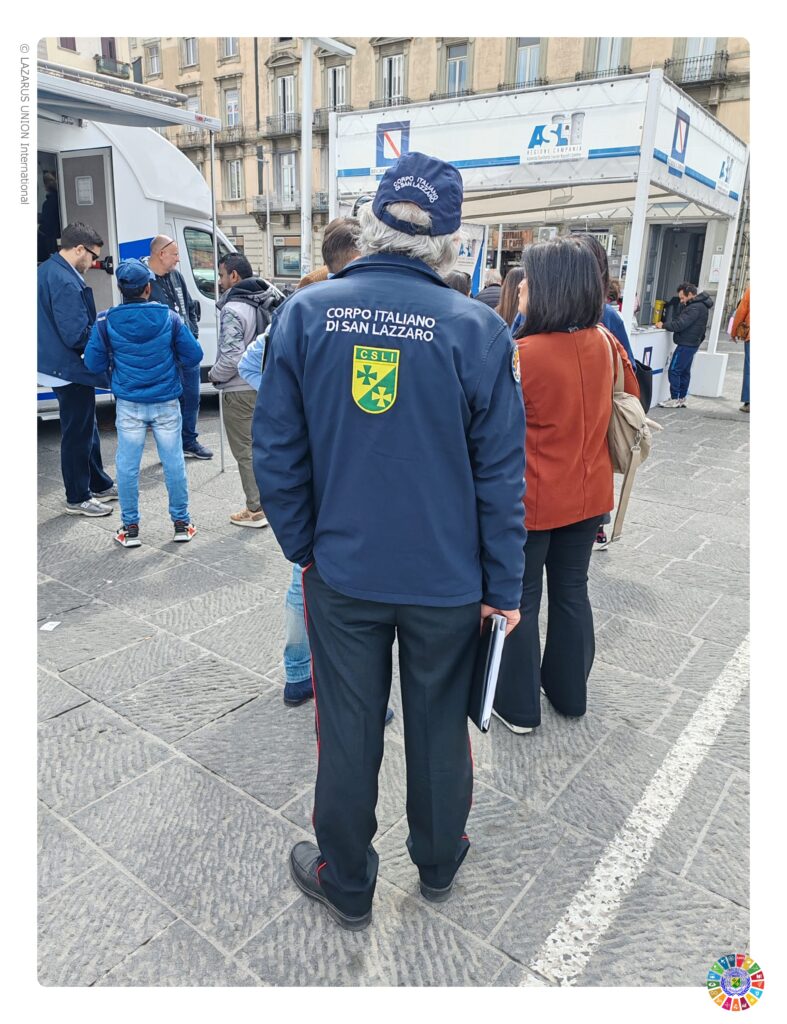Focus on the common good
Prevention, social inclusion and health promotion in Naples
An innovative alliance between institutions and civil society ensures low-threshold care and genuine participation.
Naples shows how social and health care can succeed in the interests of the common good. The health authority ASL Napoli 1 Centro sends a strong signal for localised care, fairness and social cohesion with its “Coordination of activities in the field of social and health care” unit. It has a clear mission at its centre: to strengthen the relationship between citizens and institutions by providing low-threshold services and targeted information – thus breaking down barriers before they even arise.


As part of a comprehensive initiative, several campaigns were recently launched to reach people with limited access to health and social services directly where they live. Particular attention was paid to population groups that are often marginalised in society: Migrants with limited language skills, precariously employed people or people with no fixed abode. They were not only provided with information on healthcare services, but also shown very specific ways in which they can make use of them.
One outstanding example of this practical health promotion was the free hepatitis C screening programme, which was aimed at people born between 1969 and 1989. In the event of a positive test result, those affected are immediately offered free treatment and a medically supervised treatment protocol – organised by ASL Napoli 1 Centro. This form of preventative care shows how low-threshold measures can save lives.
Les San Lazzaro Italian Corps – Napoli, which cooperates with the ASL as part of the network of civil society organisations, was also actively involved in this campaign. The members of the corps not only provided advice, but also made a significant contribution to the dissemination of information. Their commitment emphasises the importance of cooperation between public authorities and voluntary work in order to reach people in precarious life situations.
This event was more than just a medical offer – it was a visible sign of inclusion in practice, of respect and closeness. And it also marked the start of further joint projects in which institutions and civil society work together to realise social justice and equal health opportunities for all.
Naples demonstrates what a modern focus on the common good looks like: empathetic, accessible – and above all: effective.



